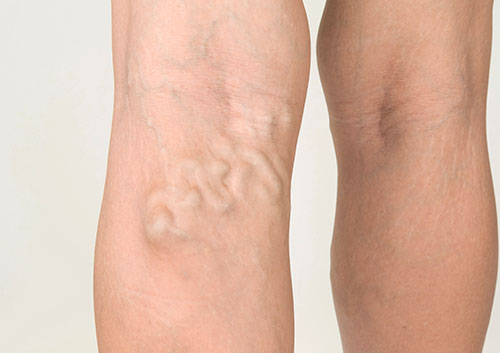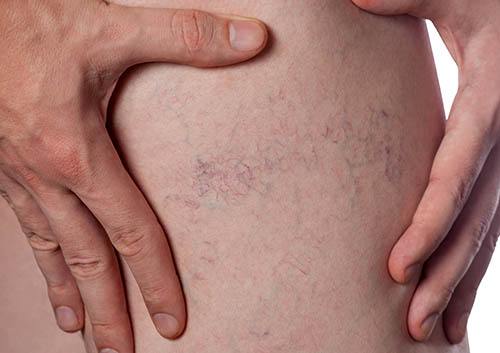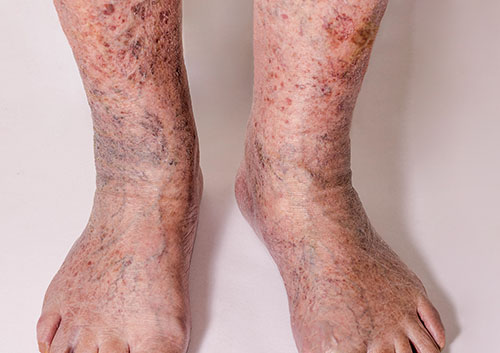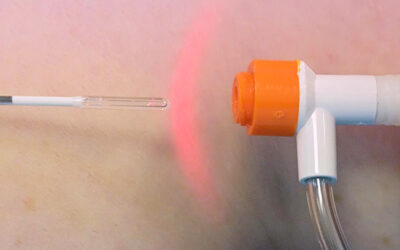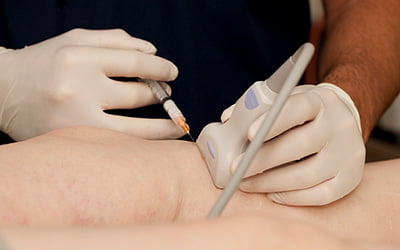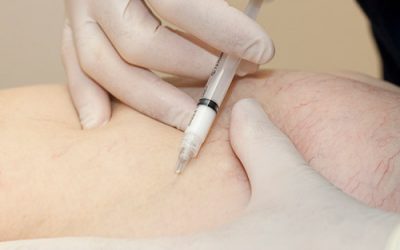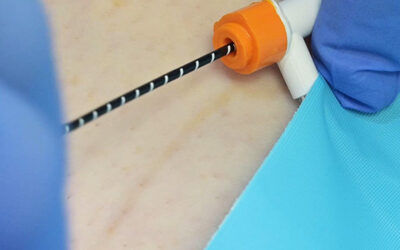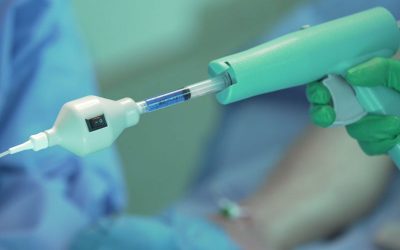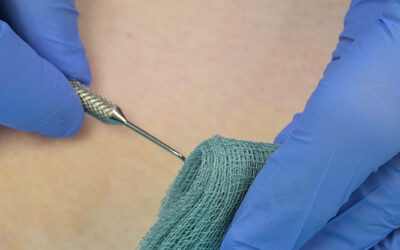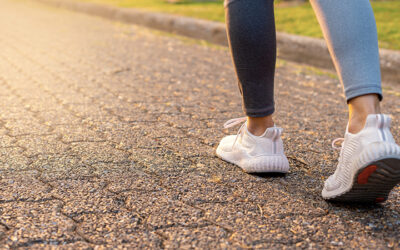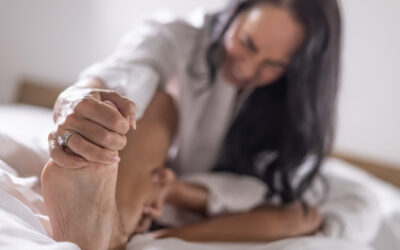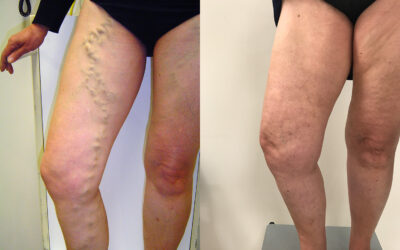Varicose Veins Treatment in Melbourne & Sydney
Vein Health clinic provides comprehensive treatment of varicose veins, spider veins, and venous disease. We bring together the latest non-surgical treatments in a relaxed, friendly, and professional clinic environment. Established by Vein Health’s leading phlebologist Dr. Peter Paraskevas, Vein Health is committed to providing patients with the highest level of care and varicose veins treatment in Melbourne & Sydney.
Why choose us?
Fast, easy varicose veins treatment. Walk-in, Walk-out.
Talk directly to your phlebologist (vein doctor).
Ultrasound examination & tailored varicose veins treatment plan.
Comprehensive aftercare
and follow-up.
Leg Vein Conditions
Varicose Veins
These are large, dilated, ropey leg veins that bulge above the skin surface, and are usually blue or green in colour. They no longer serve the primary function of veins, which is to return blood to the heart. Varicose veins can occur alone or may be accompanied by symptoms of severe venous disease
Spider Veins
Spider veins (or telangiectasias) are the tiny red or blue veins that can appear anywhere on the body, but more often on the legs, ankles, face, chest, or abdomen. Spider veins are extremely common and usually appear with larger dilated blood vessels (often blue / green in colour) called reticular veins
Severe Venous Disease
If varicose veins are left untreated, severe venous disease may occur. This condition may have signs such as eczema and swelling in the leg. Or, the skin around the lower leg may become discoloured, thickened or even ulcerated.As well as this, patients can experience heaviness, aching and tiredness in the leg.
What to expect
Learn all about your first appointment, what's included, and how much it will cost.
The Experts at Vein Health Melbourne
Lisa Shrimpton
Vascular Sonographer
Varicose Veins Treatment Procedures
Vein Health vein clinic provides modern medical procedures for the treatment of varicose veins, spider veins, and leg ulcers. We provide a comprehensive approach to varicose veins diagnosis and treatment; using ultrasound scans to find the root cause of the varicosities leading-edge and reliable non-surgical techniques.
Varicose veins can be treated using: Sclerotherapy, Ultrasound Guided Sclerotherapy, Endovenous Laser Ablation (EVLA), Vein Glue, Radiofrequency Ablation, or Ambulatory Phlebectomy.
Endovenous Laser Ablation (EVLA)
Under ultrasound guidance, a laser fibre is placed into the abnormal vein through a tiny incision. When the laser is activated and the fibre is slowly removed, this produces a reaction in the vein wall along the treated section, resulting in collapse and sclerosis of the vein wall with minimal discomfort.
Ultrasound Guided Sclerotherapy
Ultrasound Guided Sclerotherapy is a highly specialised procedure involving injecting a sclerosant solution into the abnormal veins using ultrasound guidance, causing the vein wall to collapse. The veins dissolve and disappear as the body gradually absorbs them.
Sclerotherapy
The gold standard treatment of spider veins is sclerotherapy, also known as microsclerotherapy or direct vision sclerotherapy. It involves the injection of an irritating solution, through a tiny needle into the spider veins which causes them to close over and harden over.
Radiofrequency Ablation
Radiofrequency ablation (RFA) relies on thermal (heat based) damage to the vein, that leads to immediate closure of the vein. Once the vein is treated by radiofrequency ablation, it will gradually undergo complete absorption by the body and disappear over time.
VenaSeal (Vein Glue)
VenaSeal is a medical grade glue that is placed within the varicose vein using a small catheter, sealing the vein wall together in seconds. Over the coming hours, the treated vein will permanently harden over and eventually undergo absorption by the body over several months.
Ambulatory Phlebectomy
Ambulatory Phlebectomy is the surgical removal of visible varicose veins, through keyhole incision. The procedure eliminates varicose veins through a series of small punctures (as tiny as 1mm) made in the skin adjacent to the vein.
Walking and Exercise After Vein Treatment
Walking 30 minutes daily post-treatment is key to your recovery. Discover which exercises to embrace or avoid to ensure optimal healing and long-term vein health.
Night Cramps and Varicose Veins: Is This Keeping You Awake?
Many people experience leg cramps and discomfort at night, but few realise these symptoms might be linked to an underlying venous condition.
Patient Case Study: 18 Years Varicose Vein-Free
One patient’s remarkable journey shows how modern treatment and dedicated follow-up care create lasting results.

